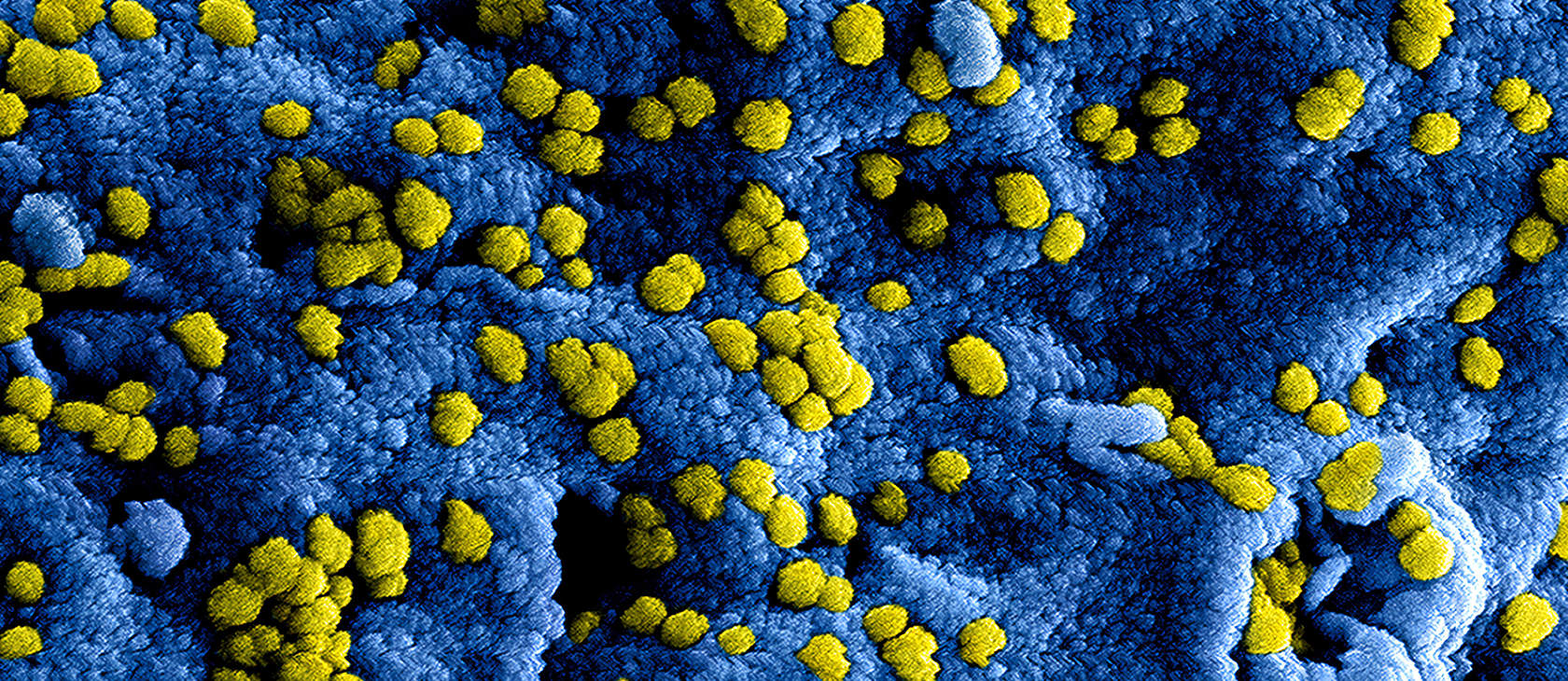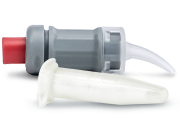
Infection Control in Dental Practice
Most of us did not anticipate practicing dentistry amid a global pandemic. COVID-19 has had a profound impact on the lives of millions, and it will continue to do so for some time. For those of us in the healthcare profession, it’s important to be agile and respond quickly to new information, regulation, and recommendations provided by public health experts. Infection control has always been a priority in dentistry, but additional precautions are now necessary to protect you, your patients, and your staff from COVID-19.
Listen to the Sprig Podcast: Infection Control with Dr. Hudson Garrett
How to Screen Patients for Coronavirus Symptoms
Providers should think primarily about the route of transmitting of the virus to others As we know data is constantly evolving on how the virus transmits between humans. Thus, dentists should be familiar with the updates on guidelines from American Dental Association (ADA) and Centers for Disease Control Guidelines (CDC). One of the best ways to prevent the virus from spreading is to screen patients. While some patients may present asymptomatic, it is best practice to pre-screen patients and their guardians the day before the appointment. This can prevent a person who could be potentially infected from entering the dental office. This should be done the day prior to the appointment for the patient, and parent or caregiver, as well as the day of the appointment. The ADA has provided guidelines for screening questions that can be used prior to a patient entering the office.
Prepare the Dental Office
Make it a requirement to have the patient and caregiver sanitize their hands when they enter the office. This can be done with an automatic hand sanitizer dispenser. Eliminate toys and magazines from the waiting areas, and ask parents to bring a toy, book, or tablet to entertain their children. Patients over two, and adults should be required to wear a mask or given one when they enter the practice. Practices should also consider what types of procedures are being performed. There are certain procedures that generate aerosols and those that do not.
Prepare for Treatment
Considerations to coronavirus PPE for dentists should be given. Some practices may want to adhere to the following:
- Dedicate a room for an aerosol generating procedure
- Consider HEPA filtration for the room
- Consider a dedicated day for aerosol generating procedures
- Change gowns or scrubs after seeing a patient
- Refer patients if one does not have appropriate PPE
- Never compromise staff safety for clinical care
Considerations for Aerosol Generating Procedures
Consult the current CDC guidelines as information may change. Generally:
- Wear a N95, respirator, or NIOSH approved mask or respiration that is fit tested
- Wear a Face Shield
- Wear a Full Gown
- Wear Gloves
- Consider hair and shoe coverings
- If proper PPE is unavailable refer the patient to a facility that has the proper PPE
Waterlines and Nitrous Oxide
Nitrous oxide/oxygen supplementation has been a hot topic as it relates to infection control given the new light on the respiratory transmission of the coronavirus. Dentist should make sure they have the most up to date instructions for use (IFUs). Some manufacturers have updated their guidelines since the coronavirus outbreak.
Waterlines and equipment should be treated as if the office is opening again. It would be a good idea to treat the waterlines with disinfection per the manufacturer guidelines and do a deep clean of the office.
Disposables
While coronavirus is a concern, strong consideration should be given to single use items. Reprocessing of items can increase the cost of patient care. One way to reduce costs for certain items is to use disposable equipment. Offices should consider the amount of time and expense required to reprocess items, as well as the potential for cross contamination.
Screen Employees
Employees should be screened daily to keep the office safe. Employees should be encouraged to self report when they are sick. Temperature screening and questionnaires should be given on a daily basis. Polices should also be in place if a employee travels to another region or leaves the country. If an employee goes to an area with high virus load policies should require them to self quarantine. The FFCAS has mandated pay for employees employed with companies with fewer than 50 employees should an employee have a COVID related sickness. Some employers may be exempt. For more information on rehiring employees listen to Episode 6 with Paul Edwards from CEDR Solutions.
Resources
Want to learn more? Here are links to some of the resources shared in this podcast.
Dr. Hudson Garrett
Dr. Garrett’s specific focus has been on the prevention of Healthcare-Associated and Community-Associated infection prevention and control. He is an internationally recognized expert in Infection Prevention, Infectious Disease, Medical Device Safety, Medical Device Hygiene and Risk Management, Global Health, Healthcare Epidemiology, Environmental Services, Disinfection, Hand Hygiene, Vascular Access, Nursing, Food Safety, Patient Safety, Medical Affairs, Design thinking, Leadership Training, and Emergency Preparedness. For more information, you can visit his website here.


